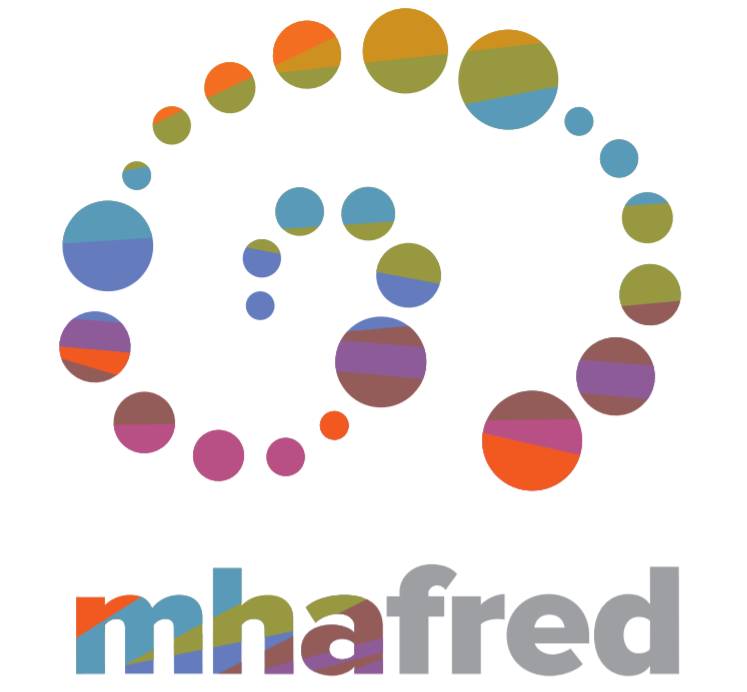Support Groups with Mary Washington Grief Support Services

Grief support remains a vital service needed across our community, and many followers of MHAfred have expressed their interest in and need for grief support groups. Meeting this significant demand for these resources, we are pleased to share that Mary Washington Grief Support Services has restarted some grief support groups and will continue to provide these services for free.

Loss of a Partner/Spouse Grief Support Group
Start Date: February 20, 2025 | Time: 10:00 – 11:00 am | Pre-Registration Required | Cost: Free
This support group will help to inform attendees about the grief process after losing a spouse. Mary Washington Grief Support Services will also educate people on coping with that grief and give them a safe space to support each other while sharing memories. This group will serve as an opportunity to be with others grieving a similar loss. While pre-registration is required, these groups are free and ongoing.
The groups will start meeting on February 20th and will continue to meet on the 1st and 3rd Thursday of each month from 10:00 – 11:00 a.m. Meetings will take place on the Mary Washington Hospital Campus. Again, pre-registration is required. Please contact Mary Beaven to begin the registration process and receive more details about this group.
Contact: Mary Beaven, LCSW
Email: Mary.Beaven@mwhc.com
Phone Number: 540.205.0502
Loss Due to Suicide/Overdose Group
Start Date: March 10, 2025 – May 5, 2025 | Time: 6:30 – 8:00 pm | Pre-Registration Required | Cost: Free
The Loss Due to Suicide/Overdose Group is an 8-week support group organized by Mary Washington Grief Support Services for those who have experienced the death of a loved one due to suicide or overdose. This support group will provide information about the grief process and various coping methods. The group will also allow individuals to share their stories, memories, and grief in a safe place. This group will also provide a place to come together with others who have experienced a similar loss. Space is limited to 10 people, so register as soon as possible to secure your spot.
This group will meet on Mondays from 6:30 p.m. to 8:00 p.m. starting March 10, 2025, and ending May 5, 2025, at the Mary Washington Hospital Campus. Pre-registration is required for this group. Please contact Mary Beaven, a licensed clinical social worker, to begin registration and receive more details about this group.
Contact: Mary Beaven, LCSW
Email: Mary.Beaven@mwhc.com
Phone Number: 540.205.0502
If these support groups are not the right fit for you at this time and you are seeking help, please check out the MHAfred HELPLINE to find a licensed mental health provider that is tailored to your unique circumstances.
Celebrate an Alcohol Free Galentine’s Day with Ironclad Inn
Galentine’s Day is the perfect occasion to celebrate friendship, laughter, and love with your favorite ladies! This year, why not elevate your gathering with some delightful 0% cocktails, also known as mocktails? These refreshing drinks offer the complexity and flavor of traditional cocktails without alcohol, making them a fantastic option for everyone.
Free Lance-Star: Coalition works to save lives from drug overdoses
On December 20, 2024, the following article, written by Cathy Dyson, was on the front page of the Free Lance-Star. From the article:
“The Fredericksburg area is moving in a new direction where we realize if we’re gonna change the community and the narrative, we have to work together,” said Barb Barlow, executive director of Mental Health America Fredericksburg Region. “This group has for-profits, nonprofits, governmental entities, including schools, engaged and that’s what’s going to have to happen.”
Donors to the local branch of Mental Health America paid for the bus signs, and the organization recently changed its mission to include services for both mental health issues and substance abuse disorder. The two tend to occur together, Barlow said.
Unlocking the Power of Mindfulness in Everyday Life
What is Mindfulness?
In today’s fast-paced world, finding moments of peace and clarity can be challenging. Mindfulness, the practice of being fully present and engaged in the moment, offers a powerful solution to this modern dilemma. Incorporating mindfulness into your daily routine can reduce stress, improve focus, and enhance overall well-being.
Pathways for Prevention of School Violence: A Comprehensive Approach
Recently, MHAfred staff attended suicide prevention training presented by the Virginia Department of Criminal Justice Services and learned that MHAfred’s programs align with these recommendations.
School violence and youth suicide are critical issues that require a multifaceted approach to prevention and intervention. Developed by Safe and Sound Schools for the Virginia Department of Criminal Justice Services, the “Pathways for Prevention of School Violence” presentation outlines essential strategies and statistics to address these challenges effectively.
Continue reading to find a comprehensive list of resources and information regarding violence and suicide.
